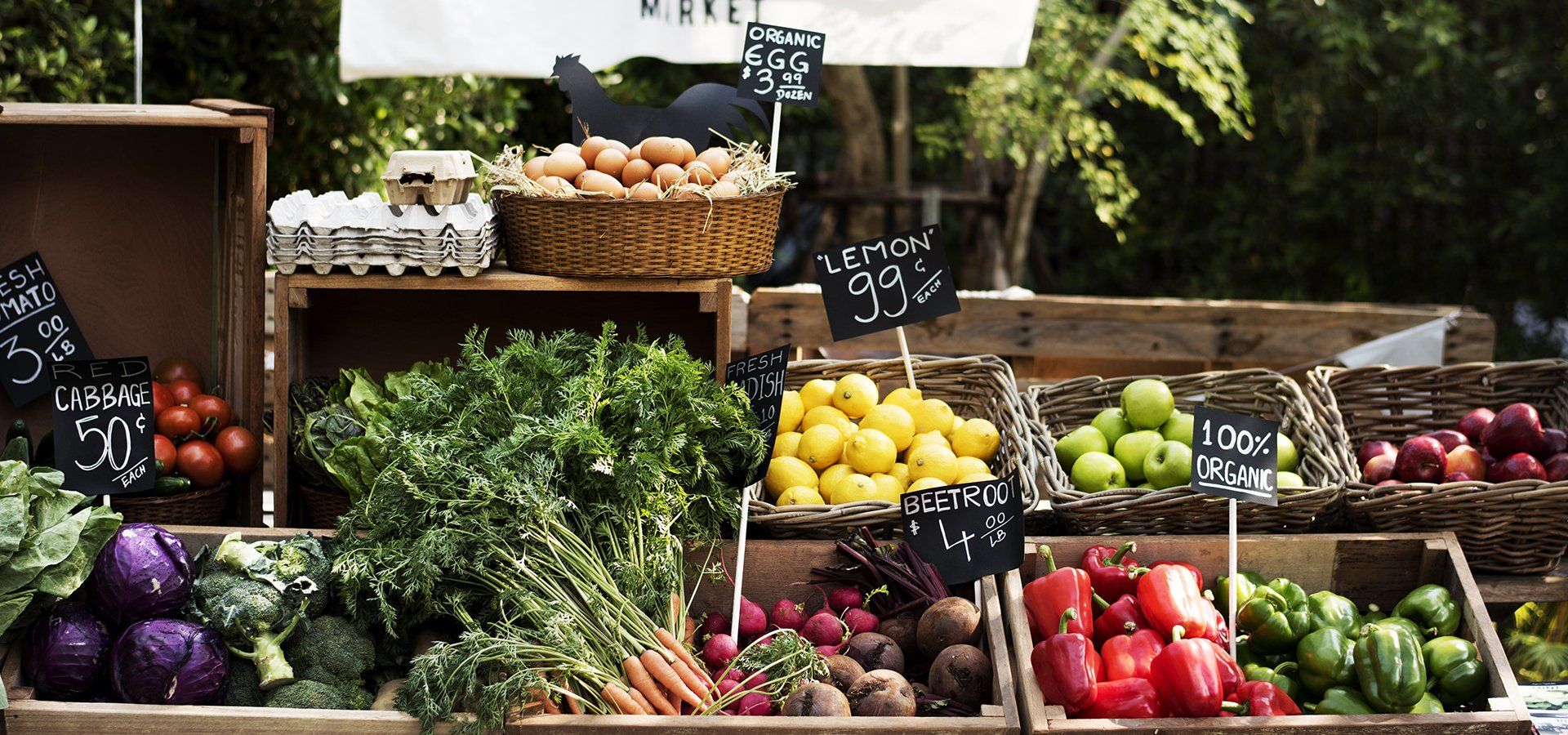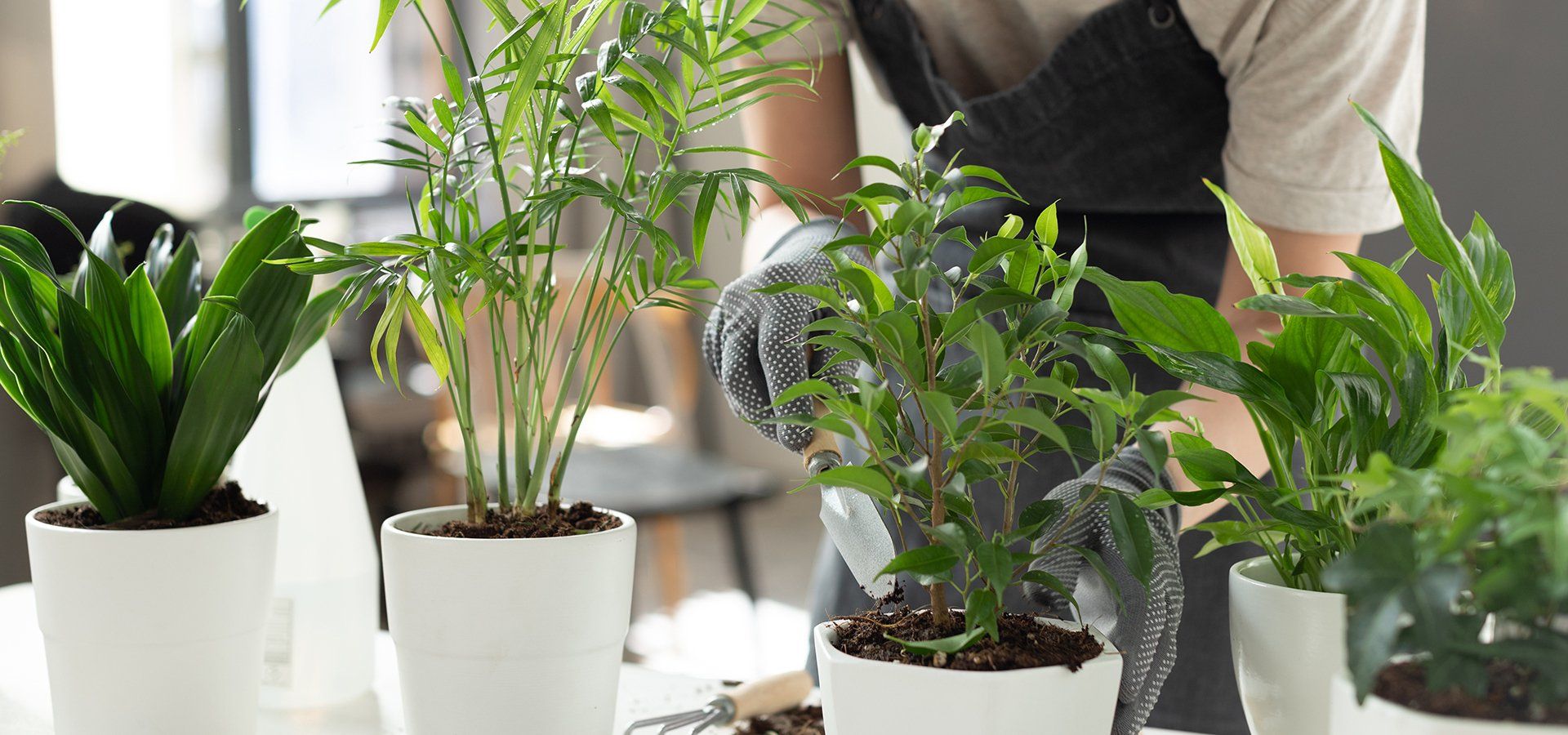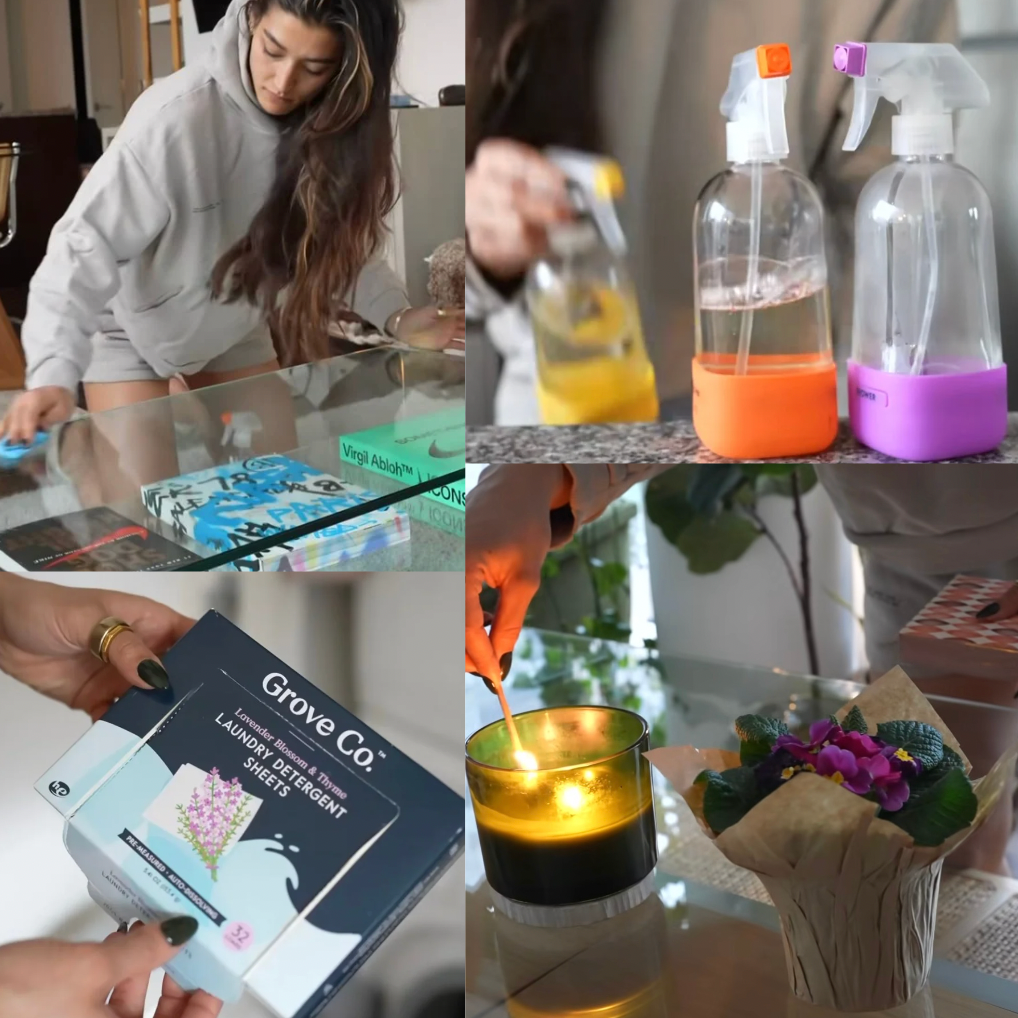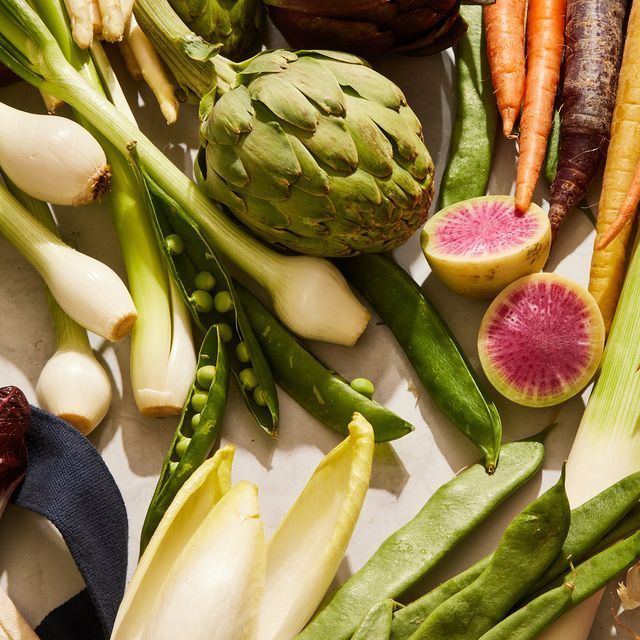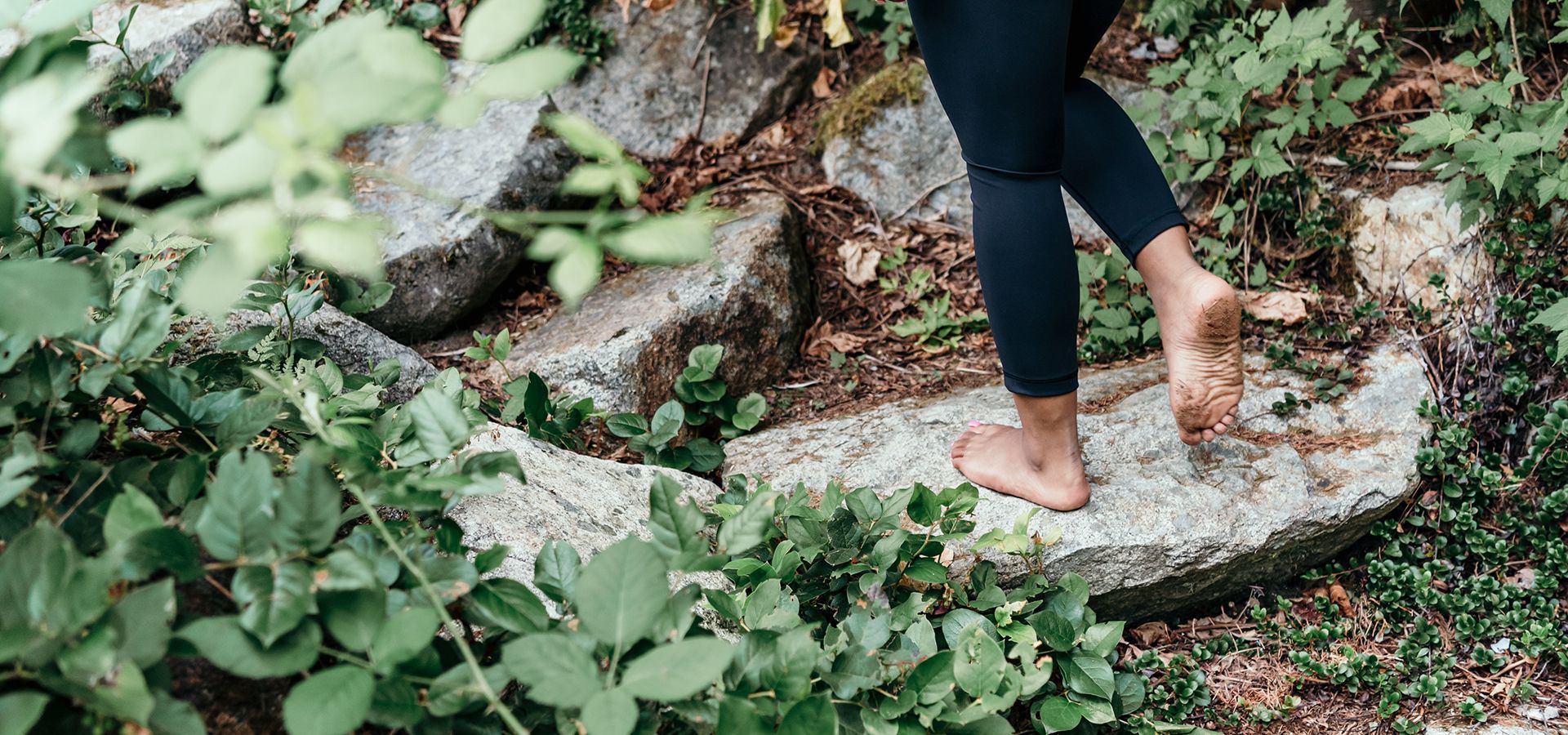Tips for Easy Plant Care
Plant care is intimidating. For beginners, the sight of a dozen tools, names, and instructions is overwhelming, to say the least, and part of the reason why many give up in the early stages. If you can relate, don’t worry. With a quick read, you too can finally begin and improve your plant care skills, feel the immense satisfaction that accompanies this eco-friendly hobby, and breathe fresher air.
Start Slow and Easy
Nothing kills joy faster than perfectionism. And with plants, you have to be patient and build up slow and steadily. Turn off your inner critic, and allow yourself to make mistakes. Once you notice the problems and errors, take it one step at a time. Don’t hoard more supplies than you need. A few basic items should be enough at the beginning. Start with a small potted indoor plant that is hard to kill, and work your way from there. What tools you need depends on the type of plant you keep. Most of them can be replaced with everyday items, such as a sharp pair of scissors that can be used in place of pruning shears.
A watering can or spray bottle is a must-have, because the most important thing in plant care is water regulation. Most indoor plants have similar water requirements, so you don’t have to stress too much about the quantity. Worried you’ll forget to water your plants? Try self-watering planters. They’re easy to DIY and super handy when you’re stuck in a busy routine or away from home. If you’re not a fan of crafting, you can simply buy one from a store. Timing is crucial; maintaining a schedule for watering is the key to growing healthy plants.
Choose a plant according to the place where you intend to put it. Indoor and outdoor plants are different and have varying sunlight requirements. Here are a few low-maintenance plants that are hard to kill and don’t need a green thumb to grow:
Aloe
Pothos
Spider Plant
Tillandsia or Air Plant
Snake Plant
With a trowel and nutrient-rich soil, you can fix any of these indoor plants in a pot. If you fear your soil is not rich enough, get fertilizer. Other than that, you just need a bit of sunlight and water. Having a moisture detector also helps track whether your plant needs more or less water.

Make Plant Care Fun
You don’t have to do it alone. First-time planting is confusing. In order to better understand and grow your plants, you should keep in touch with your local plant nursery. They will explain to you the best indoor plant care techniques and what tools you need for it. Any questions you have will be answered in minutes. So instead of spending hours online learning more than you need, you can ask an expert for a quick solution
To make it more enjoyable, invite your friend to plant as well. This way, you can learn together, master growing indoor plants that are hard to kill, and have fun at the same time. Friends make everything better, after all.
You can even join a community of plant parents. You can consider their opinions and advice, and can also share your experience with them. Befriending others going through the same issues as you and working together to solve them will make you happy, and you will certainly feel connected. Plant caring can prove therapeutic in this way, especially for the elderly.
Challenge yourself with new plants like you’d challenge your body to do the flat stomach workout. But do not overburden yourself. Take help from family members sometimes. A great way to make it all fun is to name your plant. Choose a cute and fun name for your plant and you will be excited to look after it every day.
Another tip is to grow flower-bearing plants. The reward in the form of beautiful flowers will keep you motivated to care for them in a better way.
Use your plants to decorate different areas of your house. The nice decor will boost your spirits for sure.
Furthermore, to make the learning process less monotonous, try watching some short animated videos on plant care. Be patient with your plants. They are there to relieve, not heighten, your anxiety.
Why You Should Go for it
With the world around us constantly undergoing disturbing changes, stress has become our immediate response to even a minor change. Keeping plants at home
reduces that stress and other signs of depression. It significantly impacts your mood by creating a soothing and relaxing environment. Since the process is slow and steady, you will learn to be patient. Your concentration and productivity will improve drastically. And not just that—plants are an amazing source of oxygen, so they can act as a detoxifier for your body and improve your physical health too.
Moreover, keeping indoor plants enhances the appearance of your home by adding a nice, colorful touch to it.
You can benefit from different plants in different ways. Take aloe as an example. You can use it not only as a medicine for certain conditions but also as an amazing ingredient for your face and hair packs. On the other hand, flower-bearing plants like lilies, violets, and orchids are wonderful stress boosters. Many plants are a good source of food too.
Apart from all the above benefits, you can simply keep plants for the beauty they will add to your life. Plants add value to your life, and after a certain time of dealing with them, you will realize you have developed a longing for them as if they are your children. You will grow and glow with them. Caring for them will make you more responsible. You will start looking at the positive aspects of your life more often. They will induce a certain calm inside you, and you will want to acquire more.
For anyone going through a rough patch, plants can prove a healthy addition to boost spirits and brighten your life.
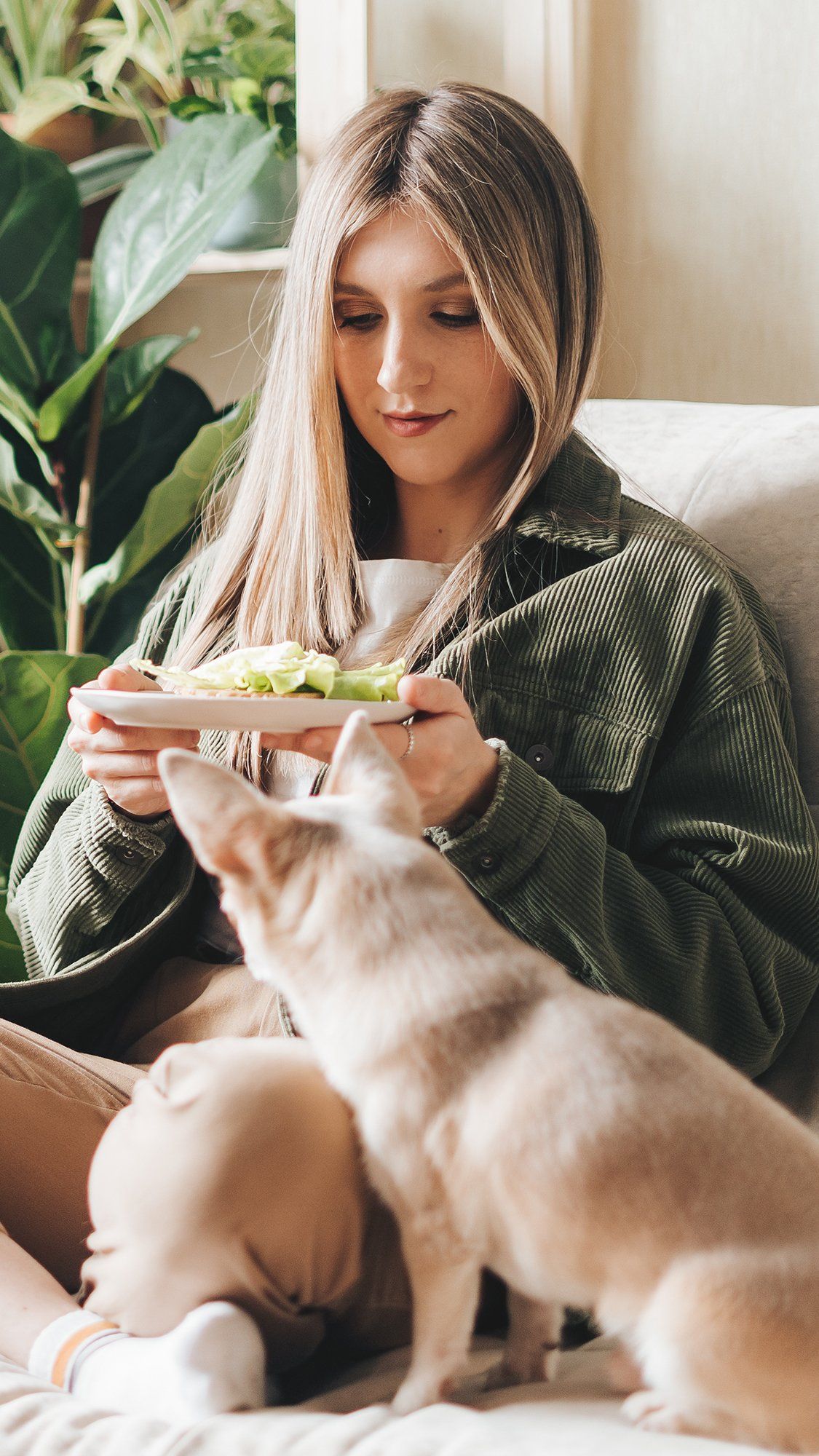
Conclusion
Plant care does get overwhelming at times for a beginner plant parent. It is time-consuming and tests your patience. But once you get the knack for it, it can become an enjoyable hobby for you. You just have to be extremely patient and consistent with the learning process. The trick is to start with indoor plants, especially those that are hard to kill. Dealing with them will boost your confidence, and you will have the flexibility to test the process. Overall, plant care should be enjoyed, otherwise there is no point in doing it.
